Cost-Saving Insulation Methods for Business Owners in Nevada
Business owners in Nevada can improve energy efficiency by 30–45% with strategic insulation upgrades. The most effective insulation methods include spray foam for comprehensive sealing, blown-in cellulose for existing structures, and reflective barriers for desert climate protection. These solutions address Nevada's extreme temperature fluctuations while providing significant ROI within 2-3 years for most commercial properties.
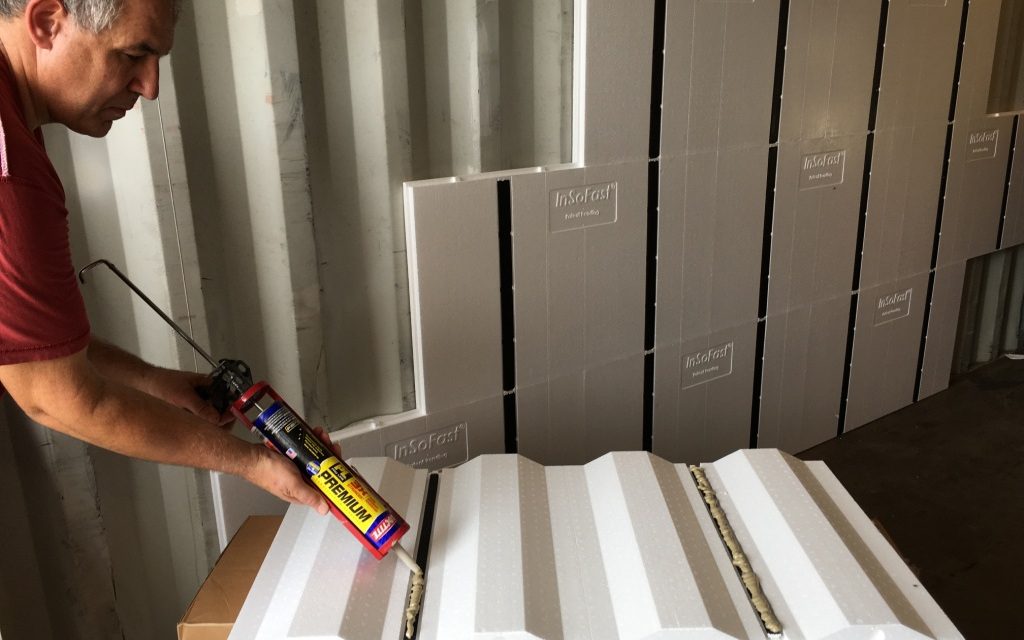
Most Effective Insulation Methods for Nevada's Climate
Nevada's desert climate brings extreme temperature swings—from below freezing to over 100°F. Effective insulation is essential for keeping indoor spaces comfortable and energy use under control. According to the Department of Energy, commercial buildings waste approximately 30% of their energy due to poor insulation and air leakage (Source: U.S. Department of Energy, Commercial Buildings Energy Consumption Survey, 2023).
Spray Foam Insulation: Maximum Efficiency
Spray foam insulation provides superior air sealing and insulative properties, making it ideal for Nevada's extreme climate. This solution expands to fill cavities completely, preventing air leakage and creating an effective thermal barrier.
Bonus Tip: Schedule spray foam installation during moderate temperature days (60-80°F) for optimal expansion and curing. This practical approach ensures maximum coverage and effectiveness.
Blown-In Insulation: Efficient Retrofitting
For existing buildings, blown-in cellulose or fiberglass provides a strong balance of performance and efficiency. It's especially useful for businesses in older structures with limited access to wall cavities.
Reflective Barriers: Desert Climate Protection
Radiant barriers and reflective insulation systems work especially well in Nevada’s sun-heavy climate. By reflecting radiant heat away from the building, they help lower cooling demands during the hot summer months.
Comparative Analysis of Insulation Options
Technical Specifications for Commercial Applications
|
Property |
Spray Foam |
Blown-In Cellulose |
Reflective Barrier |
Rigid Foam Board |
|
Thermal Resistance |
Excellent |
Good |
Moderate |
Very Good |
|
Air Barrier |
Excellent |
Poor to Moderate |
Poor |
Good with proper sealing |
|
Moisture Resistance |
Excellent (closed cell) |
Moderate with treatment |
Good |
Good to Excellent |
|
Sound Attenuation |
Good to Excellent |
Excellent |
Poor |
Moderate |
|
Lifespan (years) |
30+ |
20-30 |
10-20 |
20-30 |
|
Fire Resistance |
Good with fire retardants |
Excellent with treatment |
Good |
Varies by type |
|
VOC Emissions |
Moderate during installation |
Low |
Low |
Low |
|
Installation Complexity |
High (requires professionals) |
Moderate |
Moderate |
Moderate |
Regional Considerations for Nevada Businesses
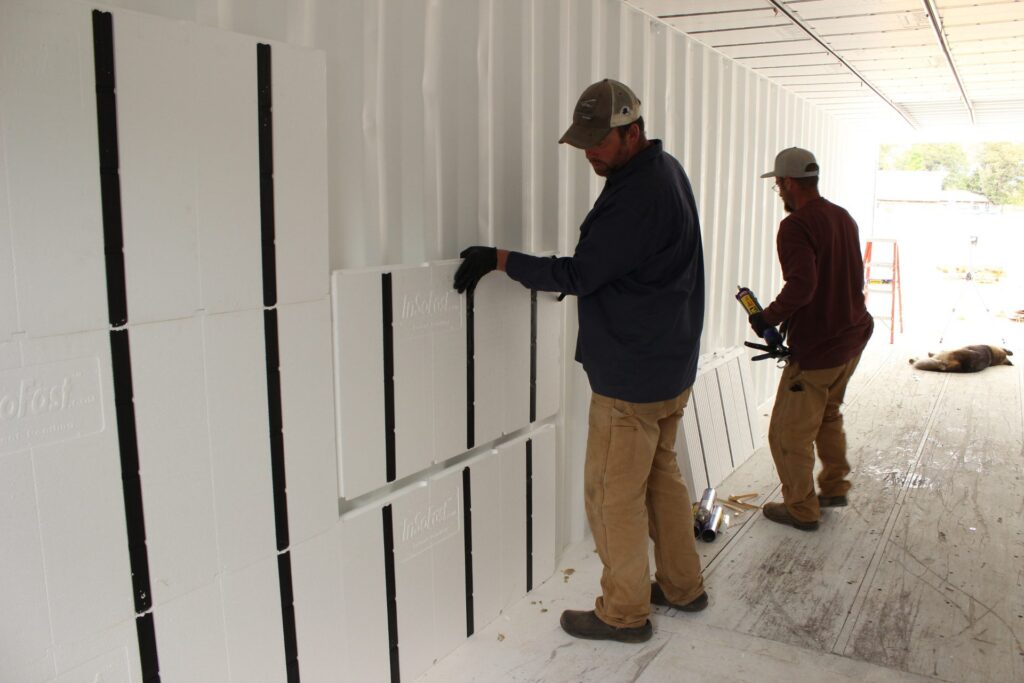
Nevada's diverse climate zones require tailored insulation approaches. According to the Nevada Governor's Office of Energy, businesses in southern Nevada can reduce cooling costs by up to 35% with proper insulation strategies designed for desert conditions (Source: Nevada Energy Efficiency Strategy Report, 2024).
Northern Nevada (Reno, Carson City)
Businesses in northern Nevada face cold winters and moderate summers. Insulation strategies should focus on:
- Higher R-value solutions for thermal resistance
- Comprehensive air sealing to prevent heat loss
- Moisture management systems to handle snow melt and seasonal precipitation
Southern Nevada (Las Vegas, Henderson)
Southern Nevada's extreme heat demands insulation solutions that:
- Reflect radiant heat from intense sunlight
- Maintain cool interior temperatures
- Withstand prolonged high-temperature exposure without degradation
Things to Consider Before Making a Decision
Before investing in insulation upgrades, business owners should evaluate:
- Building Envelope Assessment: Conduct a professional energy audit to identify specific areas of energy loss.
- ROI Timeline: Calculate the payback period based on current energy costs and projected savings.
- Business Operations: Consider how installation might affect business operations and schedule accordingly.
- Local Building Codes: Ensure compliance with Nevada's commercial building energy codes, which were updated in 2023 to require higher efficiency standards.
- Tax Incentives: Research federal and state tax credits for energy efficiency improvements, which can offset 10-30% of project costs according to the Nevada Clean Energy Fund (Source: Nevada Clean Energy Fund Commercial Incentives Guide, 2025).
Bonus Tip: Many Nevada utility companies offer commercial energy efficiency rebates that can reduce insulation project costs by 15-25%. Contact your local utility provider before beginning your project to maximize these incentives.
Available Insulation Services
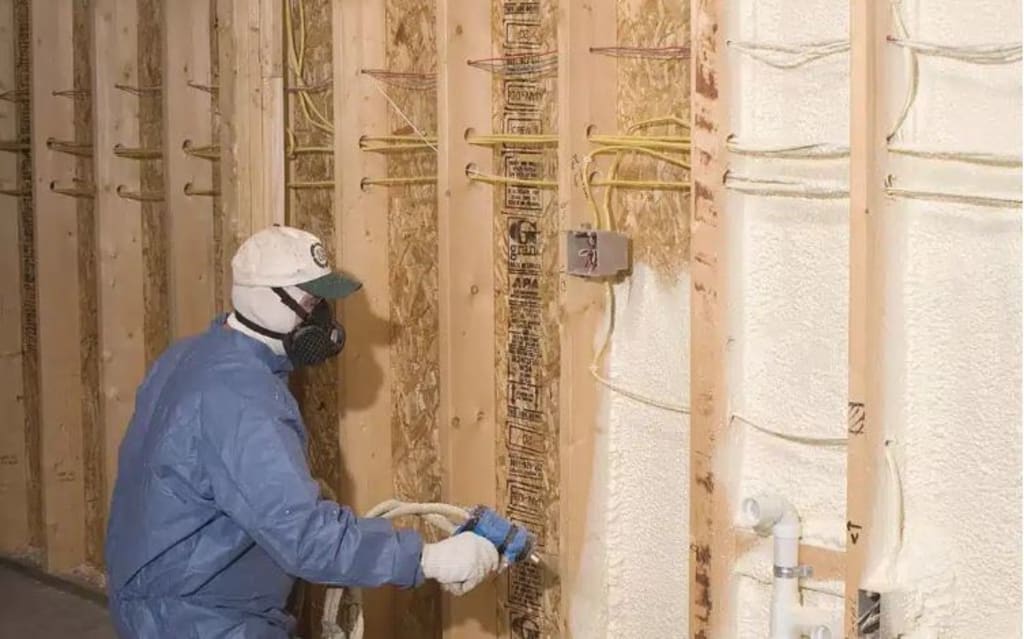
Residential Insulation
Professional insulation solutions for homes that create comfortable living environments while reducing energy costs. Services include comprehensive assessment, installation, and follow-up energy efficiency verification.
Commercial Insulation
Specialized insulation systems designed for retail spaces, offices, warehouses, and manufacturing facilities. These solutions focus on energy efficiency, operational cost reduction, and creating comfortable environments for employees and customers.
Attic Blown-in Insulation
Targeted insulation service for one of the most critical areas for energy loss. This service utilizes specialized equipment to distribute insulation material evenly throughout attic spaces for maximum thermal protection.
Insulation Removal
Professional removal of damaged, contaminated, or outdated insulation materials. This service includes safe handling and disposal of materials according to environmental regulations, preparing spaces for new insulation installation.
Thermal Barrier Coatings
Specialized protective coatings that reduce heat transfer while providing additional protection against moisture, fire, and pests. These coatings can be applied to various surfaces including walls, roofs, and equipment.
Agricultural Foam and Coating
Insulation solutions specifically engineered for agricultural applications including barns, storage facilities, and processing areas. These systems help maintain appropriate temperatures for livestock and agricultural products.
Roof Coatings
Reflective and protective coatings that extend roof life while reducing heat absorption. These specialized materials can lower cooling costs and protect roofing systems from UV damage and weathering.
Spray Foam Roof Insulation
Combined insulation and sealing system that creates a seamless protective layer across entire roof surfaces. This solution addresses thermal performance while simultaneously providing waterproofing benefits.
ROI Analysis for Nevada Businesses
Insulation investments provide measurable returns for Nevada business owners. A 2024 study by the Nevada Association of Energy Engineers found that commercial properties implementing comprehensive insulation upgrades experienced:
- Average energy cost reduction: 32%
- Average payback period: 2.7 years
- Extended HVAC equipment lifespan: 15-20%
- Reduced maintenance costs: 12-18%
Common Questions About Business Insulation

What insulation method provides the fastest ROI?
For most Nevada commercial properties, spray foam insulation typically provides the fastest return on investment despite higher initial costs. The superior air sealing and thermal performance generally result in 30-45% energy savings with payback periods of 2-3 years for most businesses.
How disruptive is the installation process?
Installation disruption varies by method. Blown-in insulation for existing structures can often be completed with minimal business interruption, typically 1-2 days for medium-sized commercial spaces. Spray foam installations may require 2-4 days with areas being temporarily unavailable during application and curing.
Can existing insulation be upgraded without complete removal?
In many cases, yes. Blown-in insulation can often supplement existing materials, while reflective barriers can be added to existing systems. A professional assessment will determine the most effective approach without complete removal.
Frequently Asked Questions
How does Nevada's climate affect insulation performance?
Nevada's extreme temperature variations and low humidity create unique challenges for insulation. Materials must perform effectively in both intense summer heat and cold winter conditions. Closed-cell spray foam and reflective barriers typically outperform other options in this environment due to their ability to address both heating and cooling demands.
What maintenance do different insulation types require?
Most professional insulation solutions require minimal maintenance. Annual visual inspections are recommended to check for settling (blown-in materials), damage, or moisture issues. Reflective barriers may require occasional cleaning to maintain optimal reflectivity, particularly in dusty environments common in Nevada.
How can insulation improve indoor air quality for employees?
Quality insulation creates an effective air barrier that prevents unfiltered outside air, allergens, and pollutants from entering the building envelope. This is particularly important in Nevada where dust and pollen levels can be high. Spray foam insulation provides the most effective air sealing properties.
What is the environmental impact of different insulation materials?
Modern insulation materials vary in environmental impact. Cellulose (made from recycled paper) has the lowest embodied energy and carbon footprint. Spray foams have higher initial environmental impacts but offset this through superior long-term energy savings. Many manufacturers now offer options with reduced global warming potential (GWP) formulations.
How do insulation upgrades affect property value?
Commercial property valuations in Nevada increasingly factor in energy efficiency. According to the Nevada Commercial Real Estate Association, energy-efficient buildings command 7-10% higher sale prices and experience lower vacancy rates compared to inefficient properties.
Ready to Achieve Significant Energy Savings?
The right insulation strategy can transform a Nevada business's energy profile, creating substantial long-term savings while improving comfort and operational efficiency. The optimal approach depends on your specific building characteristics, business operations, and budget considerations.
Put these insights into action: Schedule your comprehensive insulation assessment with Nevada Urethane. Enjoy improved comfort, better building performance, and greater energy efficiency.
Nevada Urethane, (775) 500-0024, ihpfoam@gmail.com
Reviewer: Maria Lopez offered detailed feedback after reviewing this post. Her 10 years of experience in spray foam work helped guide the tone and suggestions toward realistic strategies.
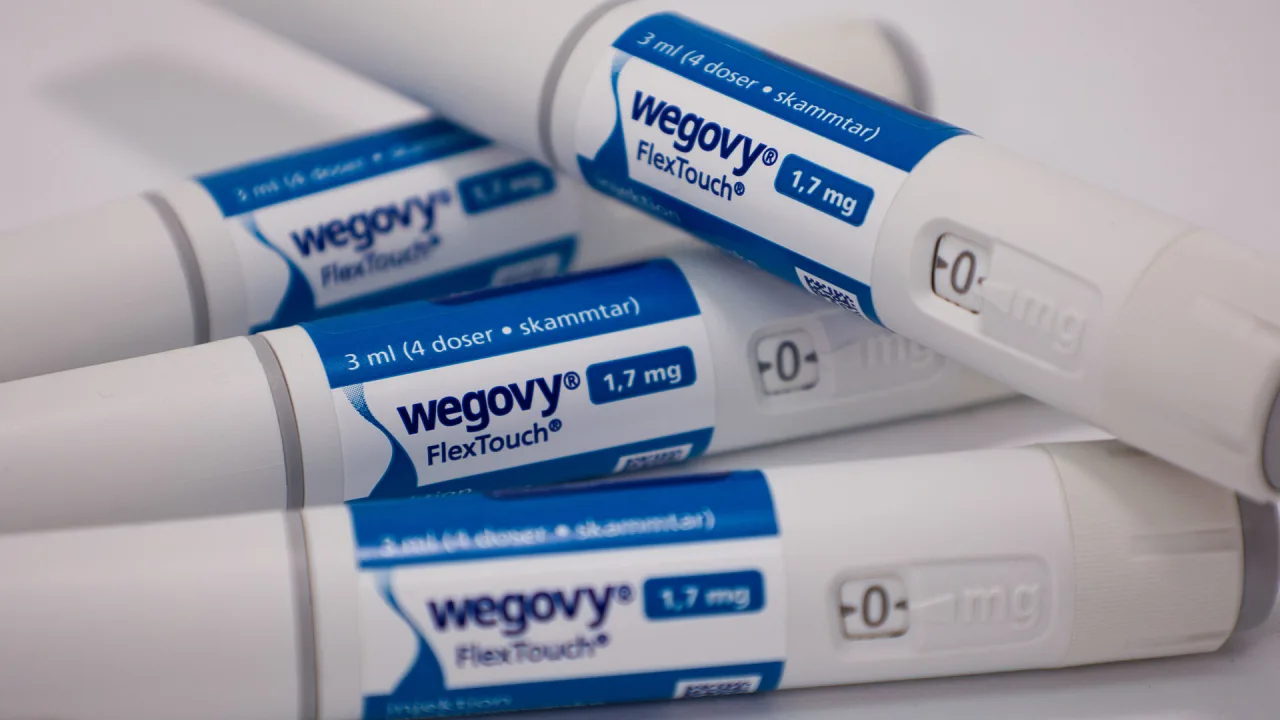







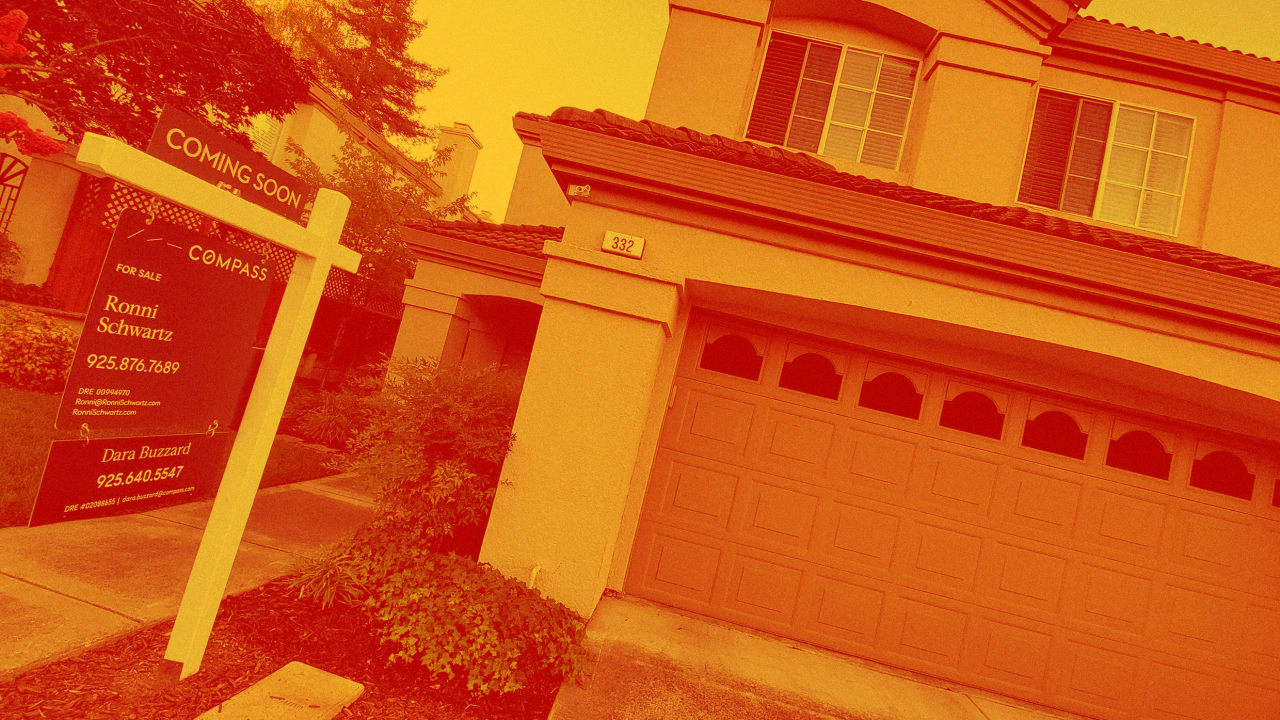
































































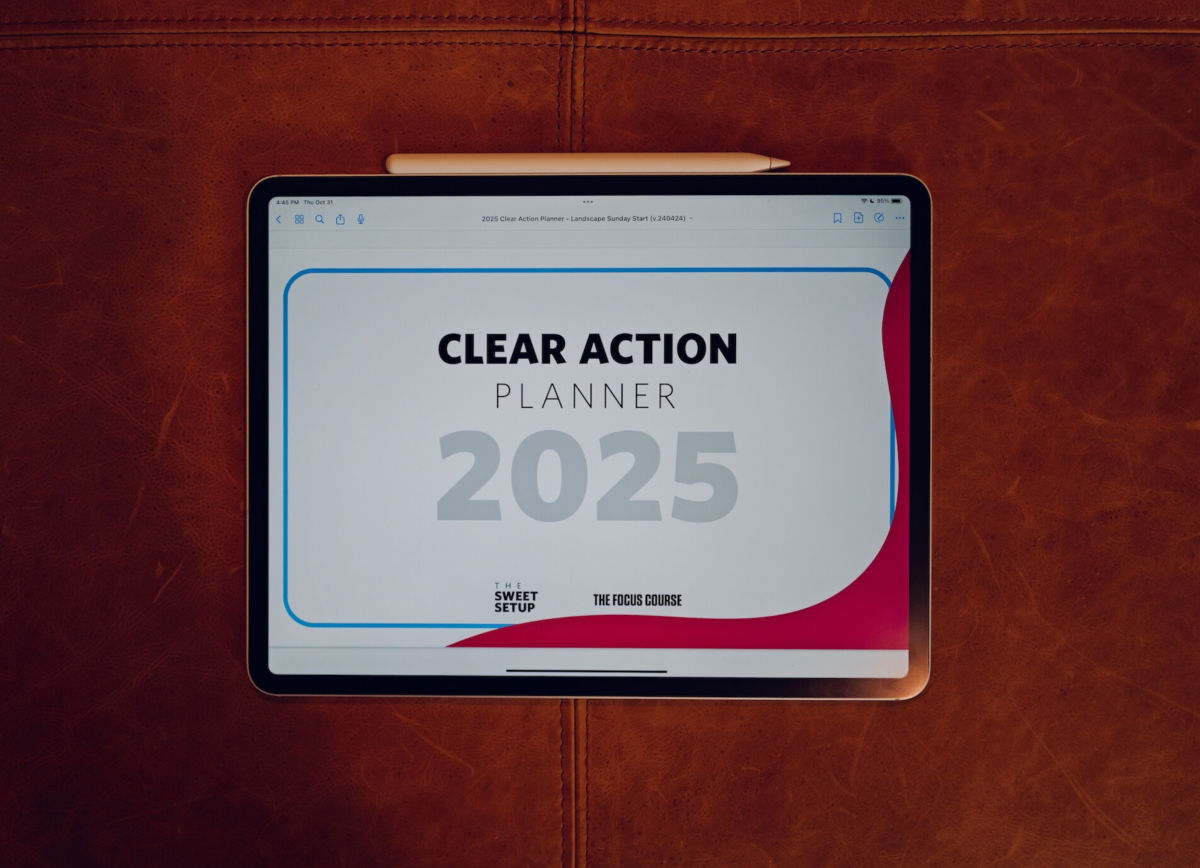













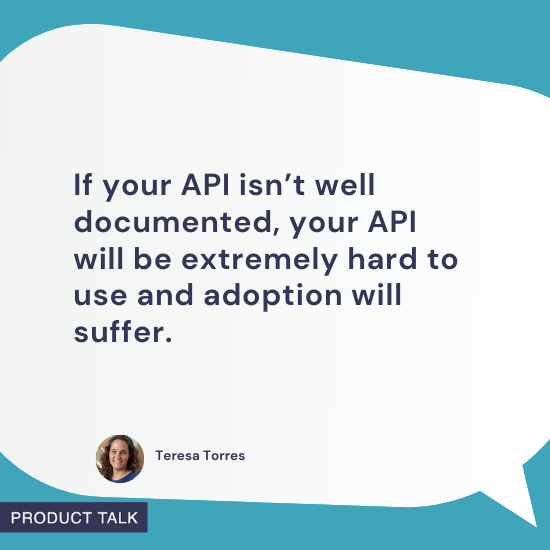










![Building A Digital PR Strategy: 10 Essential Steps for Beginners [With Examples]](https://buzzsumo.com/wp-content/uploads/2023/09/Building-A-Digital-PR-Strategy-10-Essential-Steps-for-Beginners-With-Examples-bblog-masthead.jpg)















































